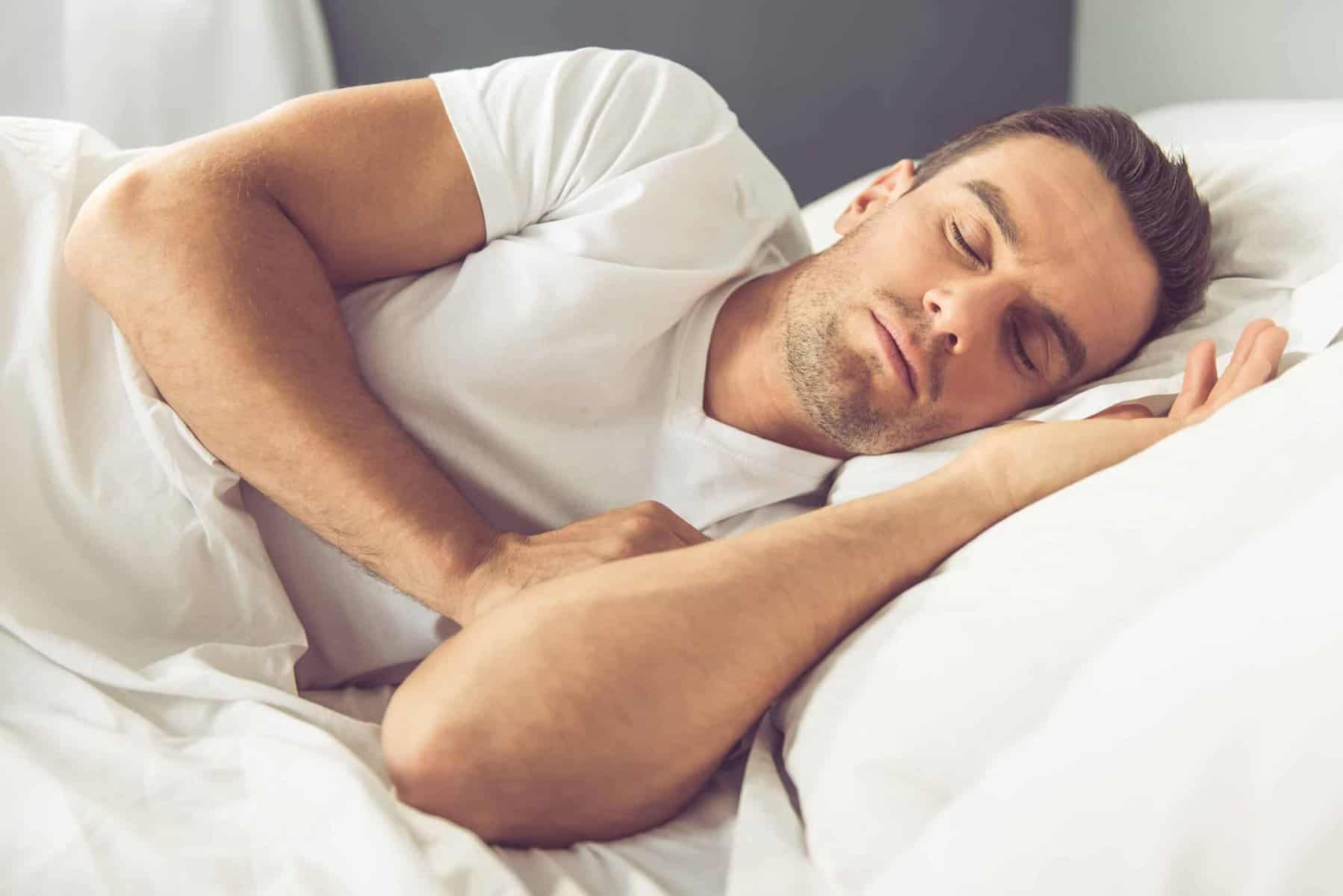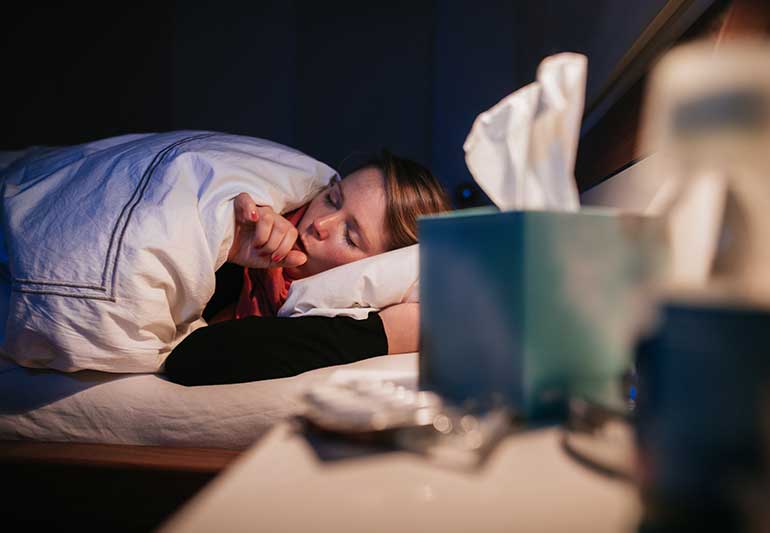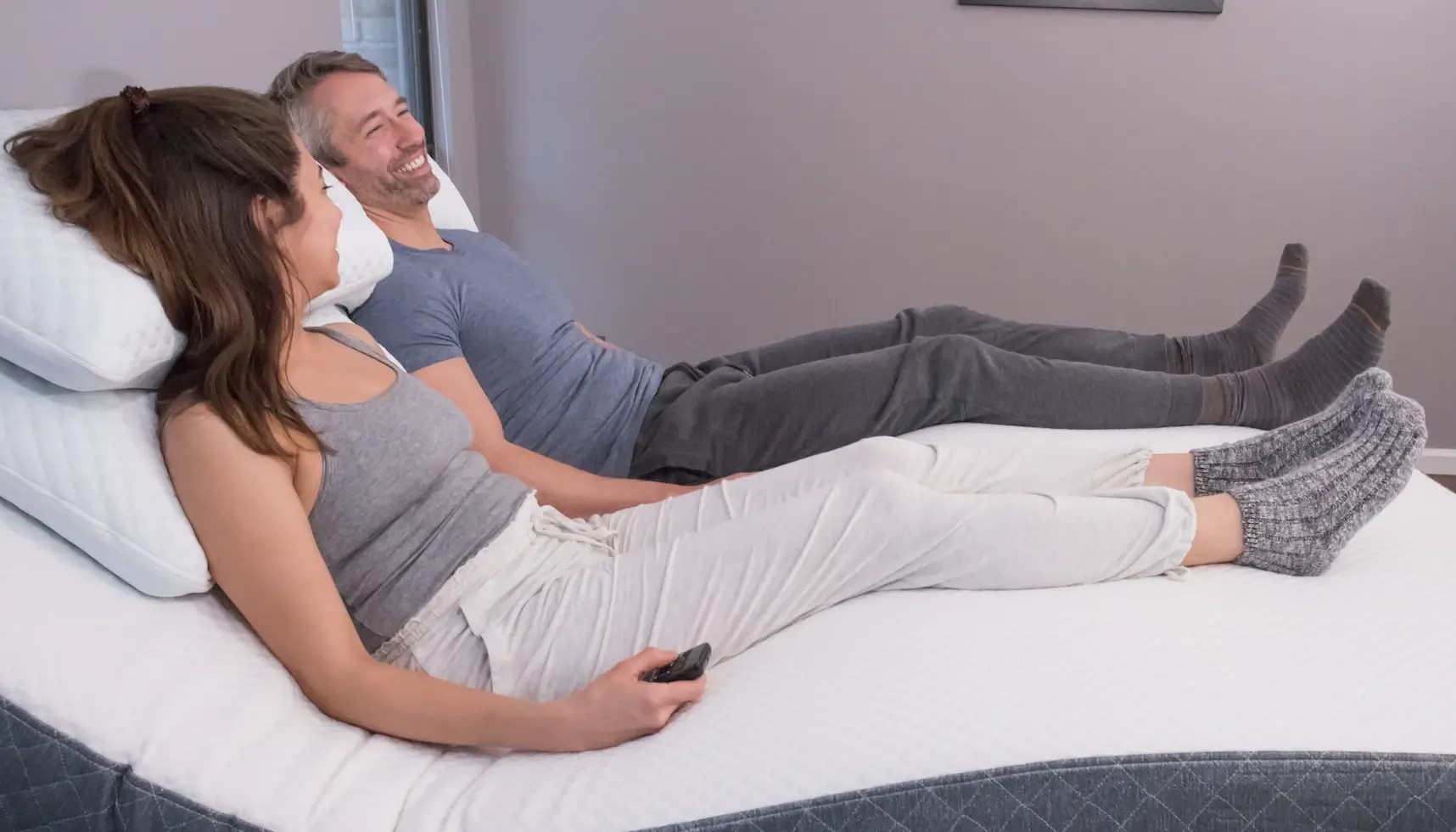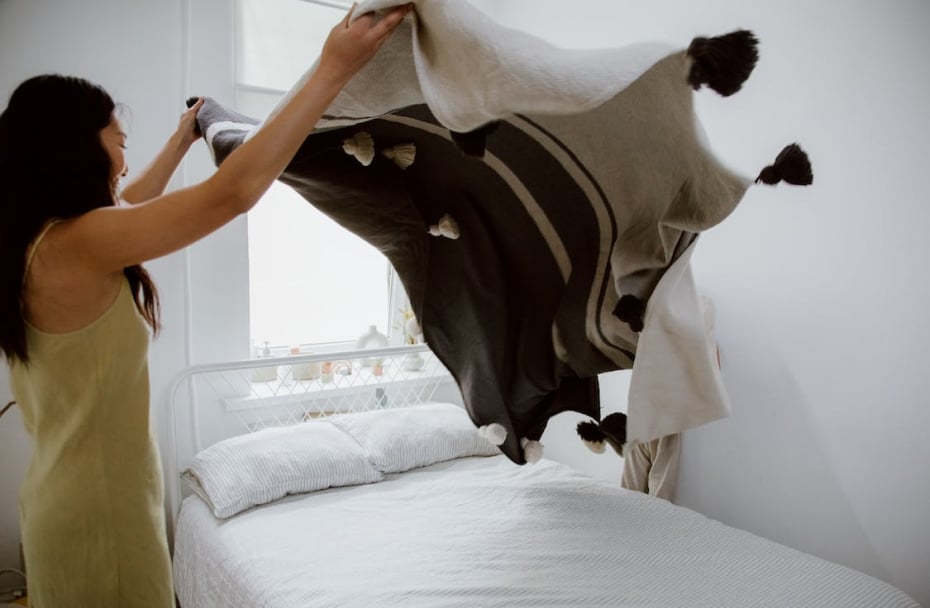

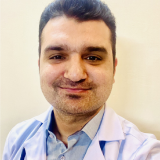

Sleep improvement can drastically improve the quality of your life. Sleep quality affects almost every aspect of your waking life, from overall health to physical and mental abilities. Restful and restorative sleep benefits your mood, energy levels, and brain functions. Sufficient deep sleep promotes the body’s natural detox process, particularly in the brain.
There are a lot of things you can do to improve the quality of your sleep. Enhancing your mattress comfort by choosing a mattress based on your sleeping position and body shape is one method. Sleep supplements are another effective solution, especially if you have a sleep problem that is ruining your life.
Read on if you need some help understanding how supplements improve sleep health. We have also highlighted the best sleep supplements that may help improve the quality of your life.
Understanding Sleep
The brain has a 24-hour internal clock called the circadian rhythm. The circadian rhythm schedules our sleep and wake patterns based on information from the outside world. This rhythm is controlled by a tiny group of cells in the hypothalamus called the suprachiasmatic nuclei (SCN).
As darkness falls, the SCN communicates with the pineal gland and the brain stem to produce certain sleep-related hormones and chemicals. The pineal gland produces the melatonin hormone, which lowers body temperature and slows your heart rate and breathing to promote sleep.
As melatonin is produced in the pineal gland, the reticular activating system (RAS) in the brain stem shuts off arousal and consciousness. At the same time, the brain stem produces an inhibitory neurotransmitter called GABA (Gamma-Aminobutyric Acid). GABA blocks communication in the wake-promoting regions, thus lowering anxiety and reducing physical and mental stress. This creates a calmness of mood that favors sleep.
Sleep Stages
The body cycles through four sleep stages: three non-rapid eye movement (NREM) phases and one rapid eye movement (REM) stage. On a good night, the body cycles through these sleep stages 4-6 times.
NREM 1 Stage
Non-REM 1 is the first stage of the sleep cycle and lasts 1-7 minutes. Typically, NREM 1 begins when we lie on the bed for several minutes and start to drift off from wakefulness to light sleep. In most cases, you won’t even realize that you are sleeping.
During the NREM 1 stage:
-
Brain activity slows down
-
Your muscles relax
-
Your heart rate slows down
-
Your core body temperature dips
-
You experience hypnagogic hallucinations and hypnic jerks (sudden and involuntary muscle contractions that happen when you are starting to fall asleep)
NREM 2 Stage
If your NREM 1 sleep is not interrupted, you transition further from wakefulness to NREM 2 sleep stage. You are still in the light sleep stage and can be easily awakened, but the body is preparing for deep sleep. Every NREM 2 stage lasts 10-25 minutes and constitutes up to 50% of our total sleep time.
During the NREM 2 stage:
-
Your breathing rate and heart rate drop even further
-
Your muscles relax further
-
Eye movements stop
-
Body temperature continues to drop
-
There are brief bursts of brain activity characterized by sleep spindles and K-complexes
NREM 3 Stage
Non-REM 3 stage is a deep sleep also known as delta or slow-wave sleep. This is when you have disconnected the most from your wakeful life, and it’s impossible to get awakened by environmental noises and activities. Non-rem 3 sleep stages last 20-40 minutes and make up around 25% of our sleep time.
During the NREM 3 stage:
-
Your muscles relax completely
-
Your heart rate and breathing rate are at their lowest point
-
There are no eye movements
-
Delta waves start forming
-
Growth hormones are released for tissue repair and growth
-
Parasomnias happen (undesirable behaviors or experiences like sleep-walking, sleep-talking, and bedwetting)
REM Sleep
After the third non-REM sleep stage, the brain reverses through NREM 2 and NREM1 and then enters the REM stage. This phase is characterized by rapid eye movements under the eyelids, hence its name.
Rapid Eye Movement (REM) sleep occurs around 90 minutes after falling asleep. The first REM sleep cycle is typically the shortest and lasts around 10 minutes. However, later REM stages get longer and longer, and the last could last up to an hour. REM sleep constitutes around 20% of the total sleep time in adults.
REM sleep is vital because this is when the brain replenishes the neurotransmitters involved in learning, remembering, and problem-solving. The majority of the dreams also occur during REM sleep.
During REM sleep:
-
Brain activity increases significantly
-
There is rapid eye movement
-
Dreams occur
-
Muscles are paralyzed causing paradoxical sleep
-
Memory and learning
A Good Night’s Sleep- What is It?
These are the qualities of a good night of sleep:
-
Falling asleep fast (15-20 minutes)
-
Waking up no more than once throughout the night
-
Falling back asleep quickly (within 20 minutes)
-
Sleeping at least 85% of the time you spend in bed
-
Getting an average of 8 hours
-
Waking up refreshed and reenergized
Supplements can help you enjoy a better night’s sleep. But there are other things you can do to improve the quality of your sleep:
Consider your mattress- you can’t ignore mattress influence on sleep. If you have been waking up sore, your allergies are worsening, or the mattress shows visible signs of wear, it may be time to buy a new mattress.
Dim your lighting in the evening- dimming the lights two hours before sleep helps promote the production of melatonin, which facilitates sleep.
Add exercises to your daily routine-aerobic exercises can help you fall asleep faster by releasing endorphins, decompressing the mind, and increasing the amount of slow wave speed.
Don’t eat too close to sleep time- experts recommend eating 3-4 hours before retiring to bed to avoid digestive issues.
Avoid alcohol and caffeine too close to bed- caffeine can significantly impact the ability to fall asleep when taken 0, 3, and even 6 hours before getting to bed. While alcohol may help you drift to sleep quickly, it can disrupt later sleep stages and make it difficult to fall asleep.
Common Sleep Issues
Most people suffer from a type of sleep disorder without even realizing it. These are the most common sleep disorders that people struggle with:
Insomnia is the most common sleep disorder today. You know you have insomnia if you have difficulty falling asleep and staying asleep. Another sign of insomnia is waking up so early 2-3 times a week. Short-term insomnia can cause daytime sleepiness, fatigue, difficulty concentrating, and irritability. Chronic insomnia can lower the quality of life in many ways, including heightened anxiety, depression, low performance at school or job, and slowed reaction time, which increases the risk of accidents.
Sleep apnea is a sleep-related breathing disorder in which you stop breathing during sleep. Obstructive sleep apnea (OSA) is the most common type. It happens when the muscles surrounding the throat relax too much, blocking the airway. Loud snoring, tossing, and turning are major signs of an individual suffering from obstructive sleep apnea. Sleep apnea is a serious sleep disorder because it disrupts oxygen intake. Studies link uncontrolled sleep apnea to an increased risk of obesity, diabetes, strokes, heart attacks, and heart failure.
Restless leg syndrome is also known as Willim-Ekbom disease. This neurological disorder causes unpleasant sensations in the legs, including throbbing, twitching, bubbling, or crawling, when you are trying to go to sleep.
You have probably heard or read a lot about a good mattress and sleeping disorders. But there’s no evidence that beds can help completely cure common sleep problems. However, a comfortable mattress that aligns your spine and accommodates your sleeping position may help alleviate some symptoms.
The Role of Supplements in Sleep
All sleep-enhancing supplements work almost the same way, helping you nod off faster. They also increase the likelihood of staying asleep for long, increasing the chances of waking up rested and refreshed. There is scientific evidence that synthetic bedtime supplements like melatonin, 5-HTP, magnesium, and vitamin D can help reduce sleep latency and enhance overall sleep quality.
Of course, these sleeping aids should not be used to replace the link between a good mattress and sleep quality. Beware that some supplements could have serious side effects. Some may also interact dangerously with other drugs. Always speak with your doctor before taking any dietary supplements for sleep, particularly if you are taking other medications.
Recommended Supplements for Sleep
Sleep supplements don’t offer similar results to all users. Some people would be wise to avoid certain supplements, depending on their weight, experiences, and existing health issues. The FDA does not approve or regulate most synthetic and herbal sleep aids. It’s crucial to double-check with your doctor to ensure the supplement will be effective and safe for you.
Below, we have highlighted the most popular natural remedies for sleep, their role, and who should avoid them:
Melatonin
The body produces the hormone melatonin naturally in the pineal gland in response to darkness. It helps regulate the sleep-wake cycle by promoting quiet wakefulness. Melatonin can be bought over-the-counter in the US and Australia to supplement low levels in the body. This is one of the best supplements for insomnia, jet lag, delayed sleep-wake phase disorder, and pre- and post-surgery anxiety.
Melatonin is generally safe for short-term use for most people. However, you should talk to your doctor if you have diabetes, high blood pressure, or are pregnant or breastfeeding.
Theanine
The body does not synthesize theanine because it’s not essential for health. But there is evidence that L-theanine can help fall asleep fast and improve NREM sleep. Experts hypothesize that theanine works by boosting the levels of brain-calming chemicals, including GABA, serotonin, and dopamine. Other health benefits of L-theanine besides improving sleep include enhancing memory and learning and reducing stress and anxiety.
Theanine is found naturally in green and black tea and some mushrooms. You can also buy it in pill and liquid form over the counter. Experts say theanine supplement is safe for most people. However, whether theanine is safe for children, pregnant and breastfeeding women, and people with high or low blood pressure is unclear. Huberman Lab also advises people who experience excessively vivid dreams that jolt them out of their sleep to avoid theanine supplements.
Magnesium
Magnesium helps improve sleep by boosting the production of GABA. The role of GABA in sleep is to lessen communication between nerve cells. This reduces anxiety, helping the body and mind relax and fall asleep easily. Magnesium also enables you to stay asleep throughout the night. Magnesium supplements are safe for most healthy adults, provided they are not exceeding the recommended amount. However, people with heart disease, kidney disease, intestinal disease, and diabetes should consult their healthcare provider first before taking magnesium.
Valerian Root
Valerian root is a perennial herb native to Europe and Asia but also commonly found in North America and Canada. People have used it as a sleep aid for years thanks to its sedative effect. Studies show that taking valerian root helps reduce the time it takes to drift off to sleep and increases deep sleep. Valerian root promotes sleep by decreasing the breakdown of GABA- the inhibitory neurotransmitter that calms the neuro system. Experts regard valerian root supplements as safe and gentle for most people. However, its safety on pregnant and breastfeeding women and children below 3 years has not been widely studied.
5-HTP
5-HTP stands for 5-hydroxytryptophan. The body makes the compound 5-HTP from tryptophan- an amino acid from food. The 5-HTP compound is then converted to serotonin, which appears to help control the sleep-wake cycle, maintaining mood, and help you think.
5-HTP supplements are made from the seeds of a woody climbing shrub native to West Africa called Griffonia simplicifolia. 5-HTP supplements are safe for most people. However, people with Down syndrome should not take this natural sleep aid. Also, talk with your doctor before taking 5-HTP supplements if you have diabetes or high blood pressure.
How to Use Supplements for Sleep
Most of us don’t need sleep aids to get a good night’s sleep. The body naturally secretes the chemicals and hormones necessary for quality sleep. Before taking pills, consider practicing healthy sleep habits like keeping the same sleep schedule, sleeping in a dark, quiet sleep environment, and avoiding electronic devices in the bedroom.
And if your mattress is 7-10 years old, it’s probably time for a new one. Mattress selection for better sleep should be based mainly on your sleep position, body type, and personal preferences.
Otherwise, most sleep supplements are viewed as safe and gentle to use. But it pays to use them wisely and safely to improve your shut-eye while avoiding serious side effects.
First and foremost, always discuss with your healthcare provider first before adding supplements to your sleep routine. Your doctor will help you choose the best supplements for your sleep problems. Also, your healthcare provider is better able to advise you on the safest sleep supplements based on any mental or physical concerns that you have.
Always follow your doctor’s sleep supplement guidelines to avoid adverse side effects. This includes taking only the recommended dosage at the recommended time for efficacy.
Some sleeping pills can be addictive when abused or used in excess. It’s recommended to start with a small dosage. Experts advise using sleeping supplements as a temporary solution as you fix your sleep hygiene.
Conclusion
If used wisely, supplements can be a safe and effective solution to your sleep struggles. Sleep aids come in different types and forms. It’s important to talk to your doctor to help you choose the best supplement, depending on your sleep issues, age, health, and other factors.
Remember, there are other ways of getting restful sleep besides taking pills. Start by considering your daily routines and habits. Do you have a consistent sleep schedule? Are you physically active every day? What about your diet- is it healthy? Lastly, don’t ignore the importance of a good mattress for restful sleep.
FAQs
Do sleep supplements have any side effects?
Yes. Over-the-counter and prescription sleep supplements may have mild side effects, such as dizziness, lightheadedness, daytime drowsiness, and dry mouth or throat.
How long does it take for sleep supplements to work?
Different supplements for sleep affect people differently. For instance, melatonin kicks in after 20 minutes for some people but may take up to two hours for others. It’s recommended to take sleep supplements 1-2 hours before the time you wish to sleep, especially if you struggle to doze off.
Are sleep supplements safe?
Sleep supplements safety comes down to proper usage. Most of them are considered safe and gentle. However, it’s advisable to talk with your doctor first before adding sleeping pills to your bedtime regimen. Sleep supplement interactions with other drugs may amplify the side effects.
Can I take sleep supplements every night?
Sleep supplements are better viewed as a band-aid solution. Prolonged use of sleep pills has been linked to serious health problems, including addiction, respiratory depression, weakened immune system, and organ failure.
